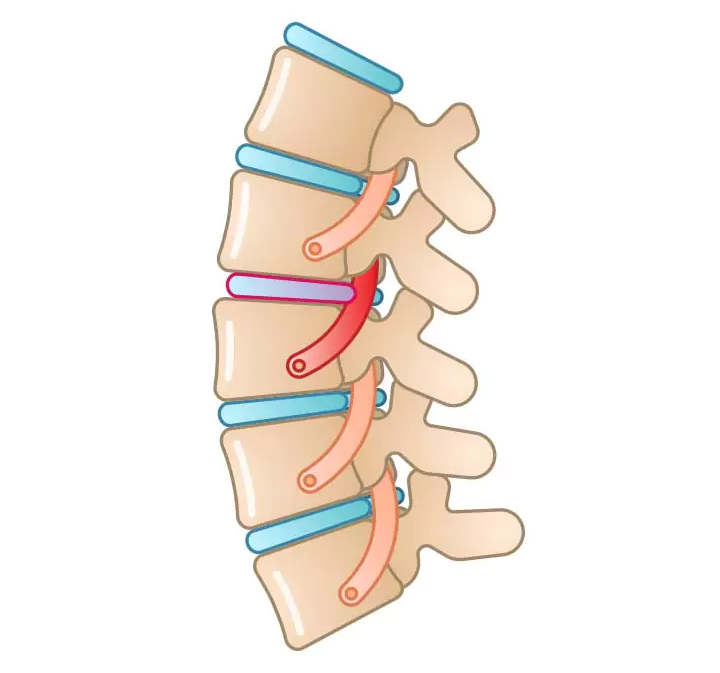Spine Conditions
Neurogenic Claudication
Neurogenic claudication, also known as pseudoclaudication, is a medical condition that affects the lower back and legs. It is a type of pain or discomfort that is caused by nerve compression in the spine. The term “neurogenic” refers to any condition that affects the nervous system, while “claudication” refers to pain or cramping in the legs caused by inadequate blood flow.

Symptoms
The symptoms of neurogenic claudication can vary from person to person, but typically include:
- Pain or discomfort in the lower back or legs, which may be dull or sharp in nature.
- Numbness or tingling sensations in the legs or feet.
- Weakness or difficulty moving the legs or feet.
- Difficulty standing or walking for extended periods of time.
- Relief of symptoms when sitting or bending forward.
Causes
The most common cause of neurogenic claudication is spinal stenosis, which is often caused by degenerative changes in the spine. This can occur as a result of aging, wear and tear, or injury. Other conditions that can cause nerve compression and lead to neurogenic claudication include herniated discs, tumors, and infections.

